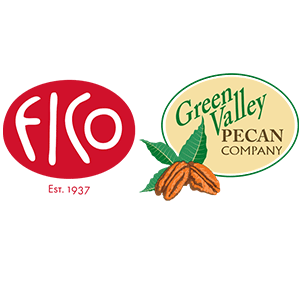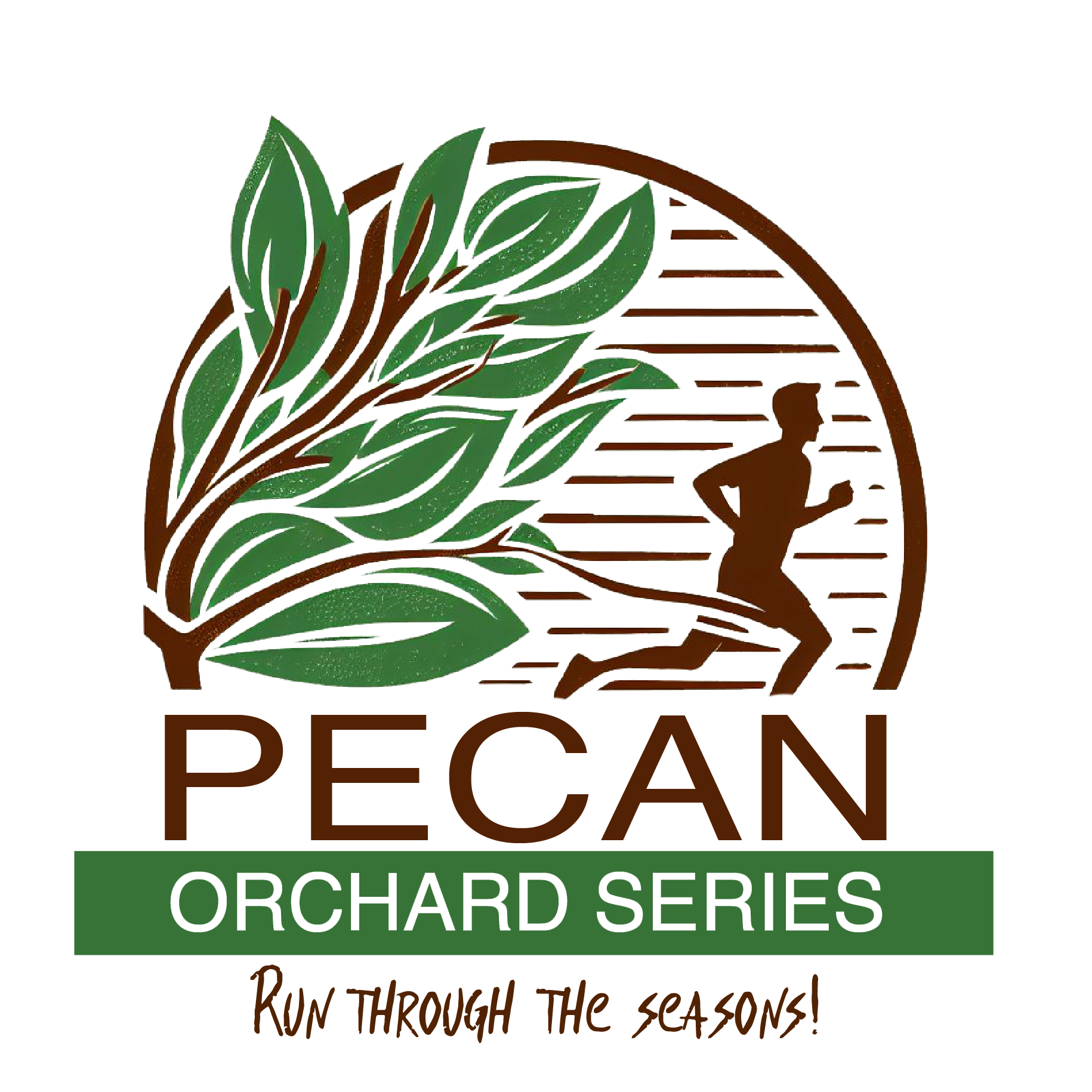Our Best Practices
Food security, operation longevity, and preservation of our resources are highly-ranked goals when evaluating and putting into effect our farming practices. Today, some of these include:
Soil Moisture Probes
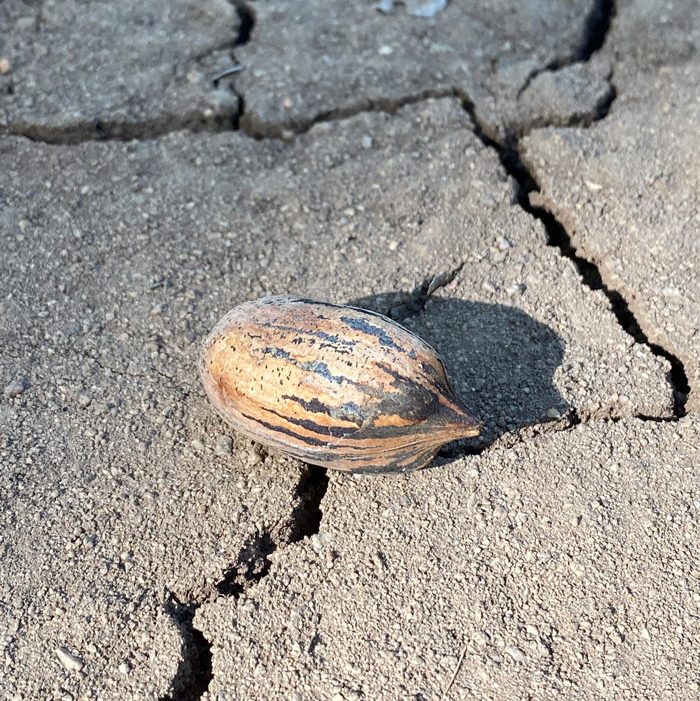
Hedging & Topping
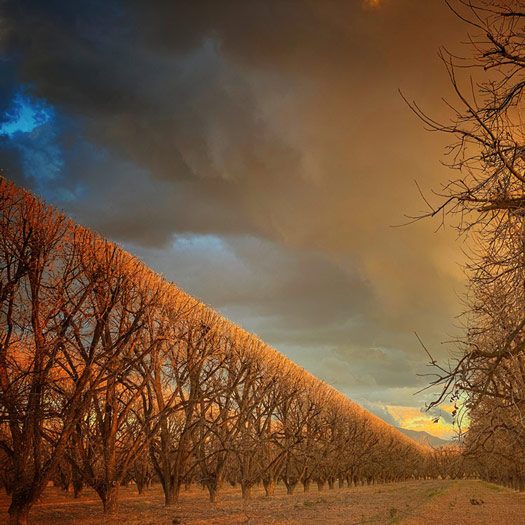
GPS Leveled Fields
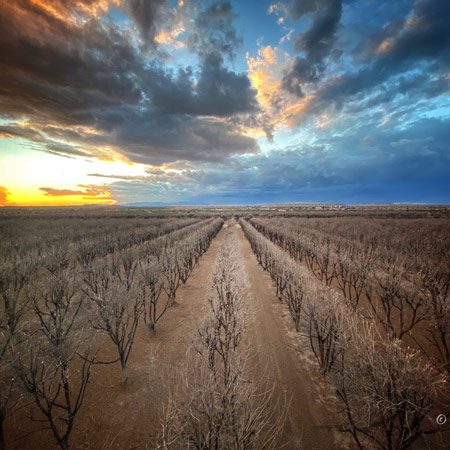
Mowing & Shredding
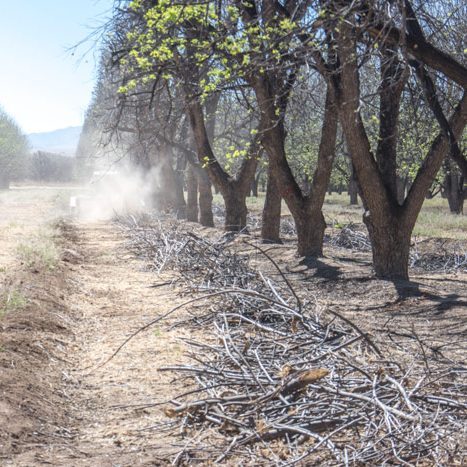
Cover Crops
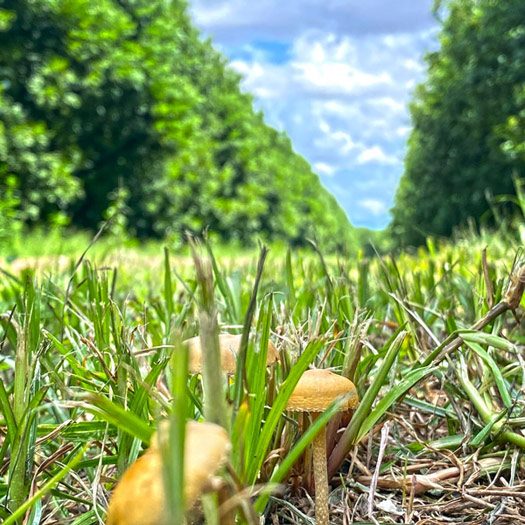
No Tillage
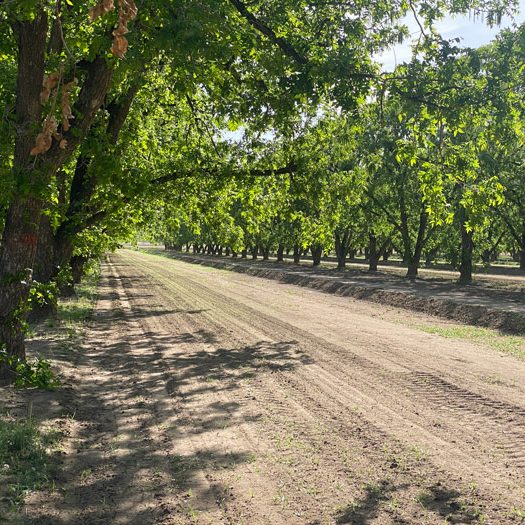
Sprinkler Irrigation
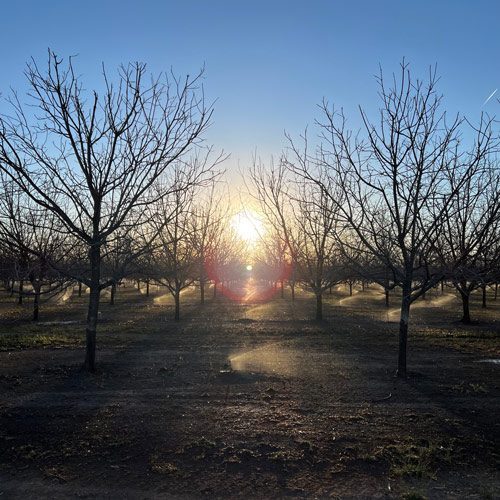
Leaf Analysis
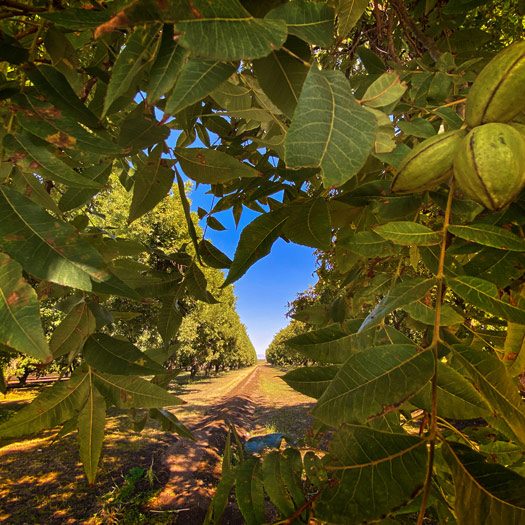
Protecting the Aquifer
In partnership with Freeport McMoran
FICO and Freeport-McMoRan (Freeport) recognize the importance of the long-term sustainability of groundwater to the local aquifer. Consequently, the companies have partnered to build a waterline to deliver Central Arizona Project (CAP) water to FICO’s Sahuarita Farm.
About the partnership
- Formed in 2015 to build a CAP waterline extension to FICO’s Sahuarita Farm.
- Joint, private funding of project approximately $17 million.
- Waterline completed in the fall of 2020
The Benefits
Water Security
Less groundwater pumping leaves more water in the local aquifer.
Economic Sustainability
Conserves water supplies for future economic growth.
Long Term
40-year commitments, including operational and sustained project investment.
The Water Route
From the Terminus in Pima Mine Rd, water is delivered to the fields north of Sahuarita Rd.

